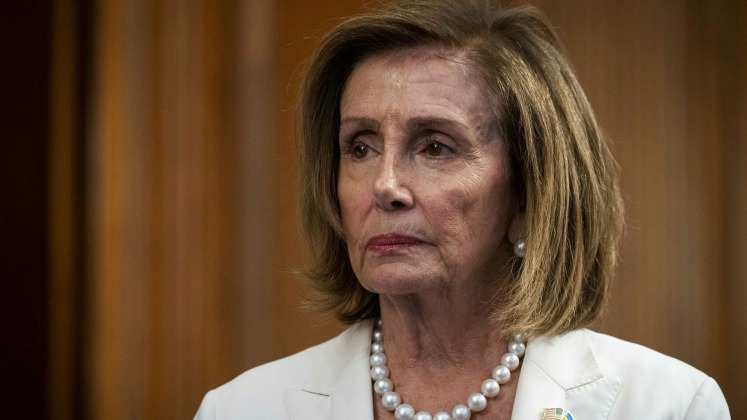The Chinese People’s Liberation Army (PLA) Air Force has deployed Su-35 fighter jets across the Taiwan Strait, which was reported just minutes before confirmation that the U.S. Speaker of the House Nancy Pelosi had arrived in Taipei on a U.S. Air Force aircraft leading a delegation which Beijing strongly protested. Pelosi’s visit represents the first by a U.S. politician of such rank to Taipei in a quarter of a century, and may undermine efforts by the Joe Biden administration to reduce inflationary pressures on the American economy by drawing down the trade war with Beijing. The governments in Beijing and Taipei have been technically at war for over 70 years, with both claiming to be the sole legitimate seats of power of the Chinese nation, although only the government in Beijing is recognised by the United Nations and the large majority of UN member states including the United States. The lack of UN recognition for the Taipei government has relegated it to a status internationally comparable to that of a non state actor, providing grounds for Beijing to criticise both American arms sales and visits by U.S. officials.

Deployment of the Su-35 is expected to be just one of several signals sent by the PLA, with military exercises in six regions around Taiwan announced just minutes after Pelosi’s arrival. The Su-35 is the most capable foreign-built fighter class in the Chinese fleet, with 24 of them having been acquired from Russia, and benefits from use of triple radars and from a very high endurance and very high degrees of manoeuvrability at all speeds. The fighter is considered to have been surpassed since its delivery by indigenous designs most notably the J-16, FC-31 and the J-20 – the latter which is one of just two fifth generation fighters in production and fielded at squadron level strength worldwide alongside the American F-35. Taiwanese requests to acquire the F-35 and gain technological parity with the top PLA fighter units have been denied by Washington, largely due to the risks of both defections to the mainland by Taiwanese pilots and the transfer of sensitive data by mainland sympathisers on Taiwan.
